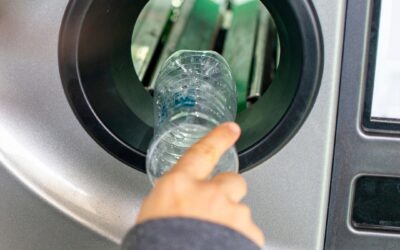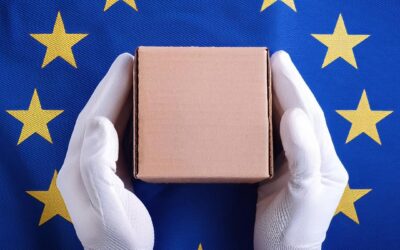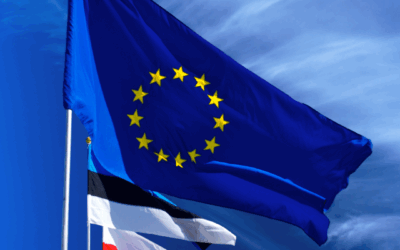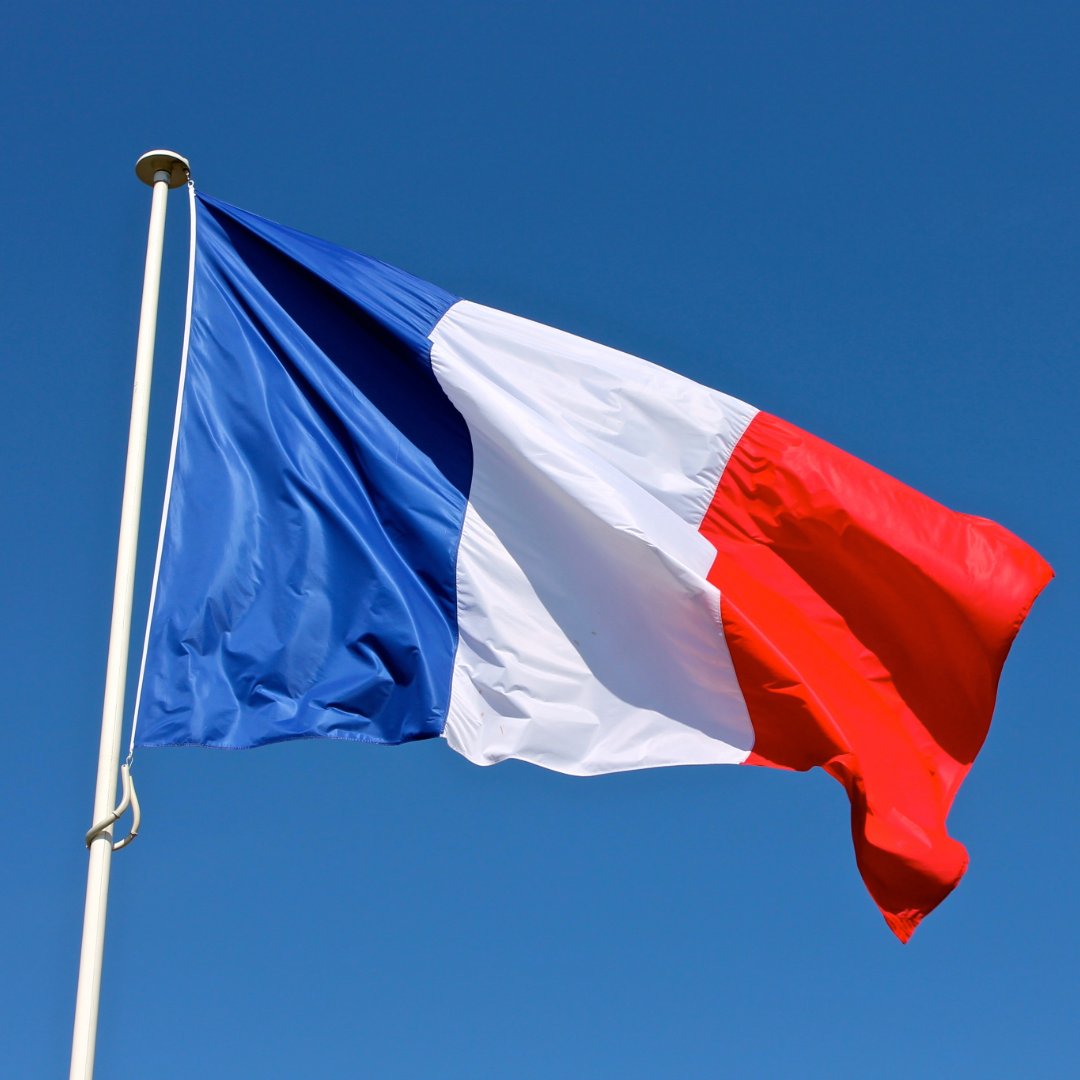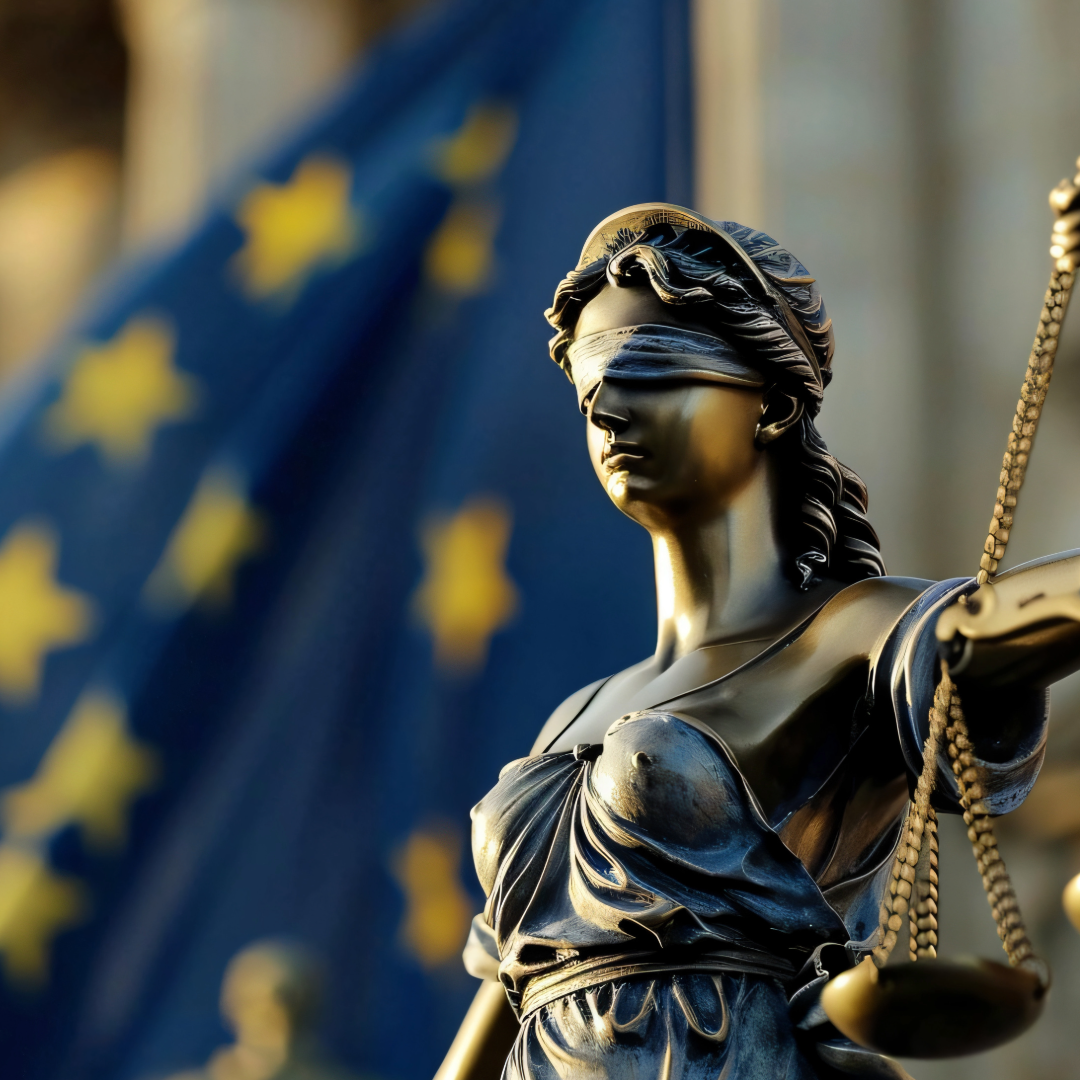EPR update 2025: News for businesses

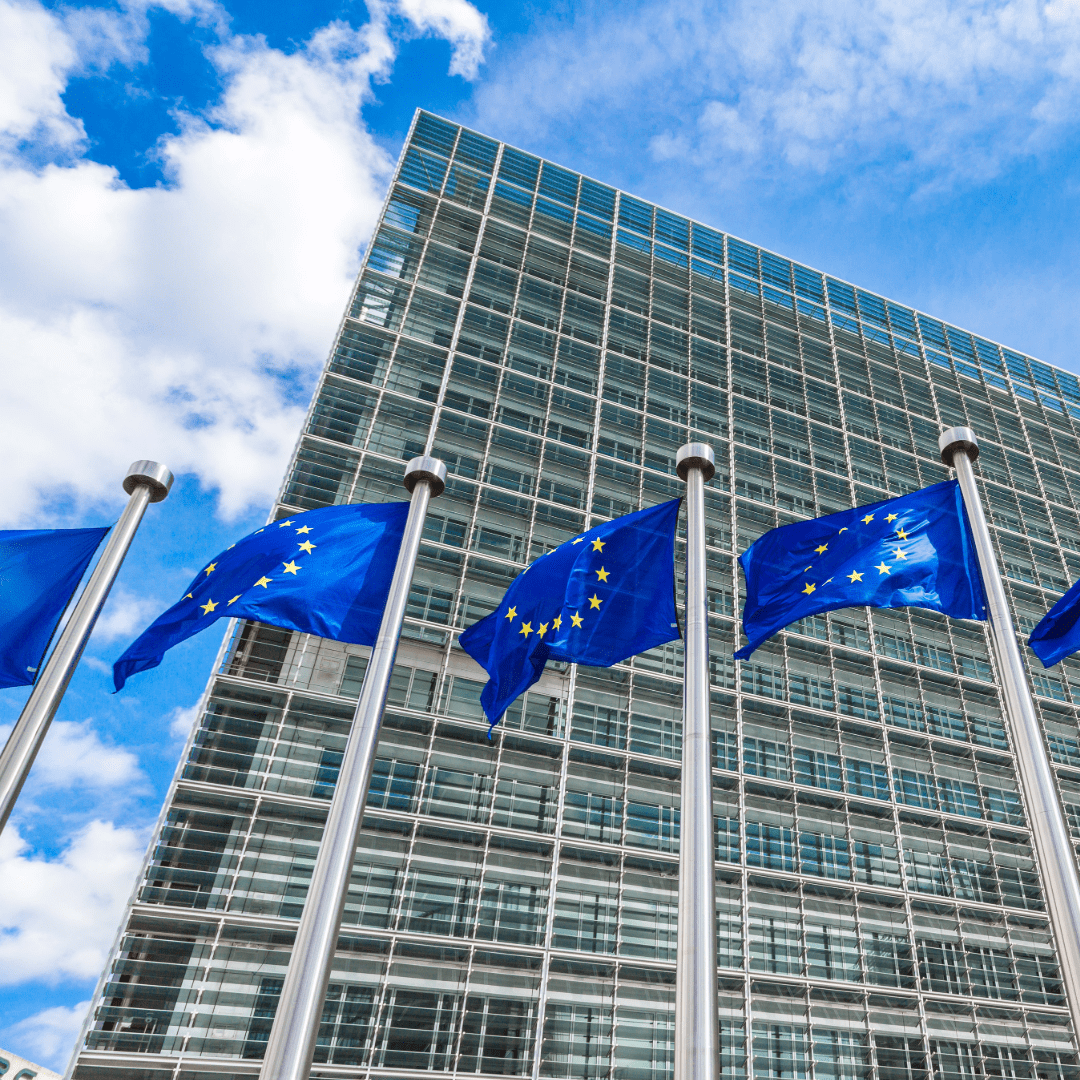
Throughout Europe, the legal regulations for packaging and other EPR schemes are always in motion and are constantly being adapted. Several new regulations on extended producer responsibility (EPR) came into force at the beginning of this year. New laws in various countries affect manufacturers and retailers of batteries, electrical and electronic equipment, packaging and textiles, to name just a few. We have compiled the most important EPR updates for you so that you don’t miss any to-dos.
The 6 most important EPR updates for 2025
Here are some of the most important upcoming Europe-wide deadlines and changes that we will be happy to help you implement.
Denmark
Denmark has introduced an EPR system for packaging as of 2025, in line with the current EU Packaging Directive, EU Directive 94/62/EC. Producers are now required to register and report their quantities. For this process, there is a Danish register similar to the German producer register LUCID, the “Dansk Producentansvar” (DPA).
For further information about Denmark, visit here: Extended producer responsibility in Denmark
France
The EPR system in France has been extended to industrial and commercial packaging as of 2025. Companies must now ensure that all packaging they place on the market is recyclable or can be responsibly recycled as part of a disposal system.
In addition, companies with an annual turnover of more than 10 million euros are now required to inform their customers about the environmental properties and characteristics of the following product categories:
- packaging
- electrical and electronic equipment
- textiles and
- furniture.
You can find more details here: New EPR regulations in France
Luxembourg
Luxembourg also starts the new year with EPR updates. Importing companies are being held more accountable. Since the beginning of the year, the licensing of industrial packaging has been mandatory for importers.
Portugal
In Portugal, mandatory labeling of packaging has been introduced as of 2025. Household and commercial packaging must now be labeled with sorting information for each packaging material. There are no uniform requirements.
Additionally, commercial packaging must also be licensed in Portugal from 2025. It is not yet clear who exactly is obliged to do so. We will keep you up to date on our blog.
Spain
Spain also introduced a labeling requirement for packaging on 01.01.2025. All packaging that can be classified as household waste must now be clearly labeled with recycling information. In addition, commercial packaging is now required to participate in the Spanish recycling system. You can find all the details here: Mandatory labelling comes into force in Spain
Note: If you are shipping goods to Spain and Portugal, you can use the Spanish labels in both countries.
United Kingdom
In the UK, the new scheme administrator for extended producer responsibility for packaging was officially introduced on January 21, 2025. The scheme shifts the cost of managing packaging waste from taxpayers and public authorities to companies that place packaging on the market. PackUK will be responsible for setting EPR charges, collecting them from obligated producers and paying packaging waste management fees to local regulators, who in turn will carry out collection and recycling services.
Key changes at EU level
Not only will new regulations come into force in individual EU countries, there are also key changes for 2025 that are important for all EU countries:
PPWR is on it's way
The Packaging and Packaging Waste Regulation (PPWR) comes into force as the most important change in 2025. It replaces the previous EU Packaging Directive EU Directive 94/62/EC.
Manufacturers are to act even more strongly in terms of extended producer responsibility. Unlike the previous directive, the regulation is binding for all 27 EU member states and regulates implementation so that country-specific policies are standardized. It aims to create a functioning circular economy across the EU. Measures like recycling, the introduction of reusable packaging and the use of recycled materials are set to contribute to this goal.
You can find a detailed overview of the known changes that will be introduced by the PPWR here: The PPWR at a glance
New regulations for batteries
There are also new regulations for batteries this year. From February 18, 2025, manufacturers of batteries for electric vehicles must disclose the carbon footprint of their batteries. Batteries must also generally be labeled with the “separate collection” symbol. This will apply from August 18, 2025.
Conclusion: EPR updates 2025 are dominated by the PPWR
2025 will bring extensive changes for companies that place packaging on the European market. The introduction of the PPWR is set to have a huge impact.
Companies need to adapt to higher requirements for recycling rates, material separation and reporting. It sounds like a lot of administrative work, but the PPWR also offers opportunities: through innovative recycling solutions and a more circular economy, companies can not only contribute to sustainability but also gain competitive advantage with environmentally conscious consumers.

LIZENZERO.EU makes packaging compliance in Europe very easy.
Do you ship your products to different countries in the EU? Many different legal requirements and obligations can make the whole thing quite complicated – but don’t worry, we’ll do it for you. How do we do it? With our licensing service, we take over all obligations for you by power of attorney. Sounds good? We’ll be happy to advise you.
For shipping to Germany, you can easily fulfill your packaging obligations yourself via Lizenzero.de.
Deposit systems in the EU explained
Deposit systems show that simple solutions help to keep packaging in circulation and increase recycling rates. However, there are major differences within the EU: while countries such as Germany, Sweden and Finland have been using deposits for years and achieving high return rates, other Member States are still in the early stages.
Mandatory from 2026: The EU Authorised Representative for Packaging explained
Europe is an attractive but regulatory complex market. One of the more complex requirements is the appointment of an authorised representative (AR). The AR is the central interface between the manufacturer and the European market surveillance authorities. The authorised representative plays an important role in product safety and extended producer responsibility (EPR) and is therefore becoming increasingly important to ensure access to the market.
Authorised Representatives in Europe: Which ones are there and what do you need them for?
Europe is an attractive but regulatory complex market. One of the more complex requirements is the appointment of an authorised representative (AR). The AR is the central interface between the manufacturer and the European market surveillance authorities. The authorised representative plays an important role in product safety and extended producer responsibility (EPR) and is therefore becoming increasingly important to ensure access to the market.


